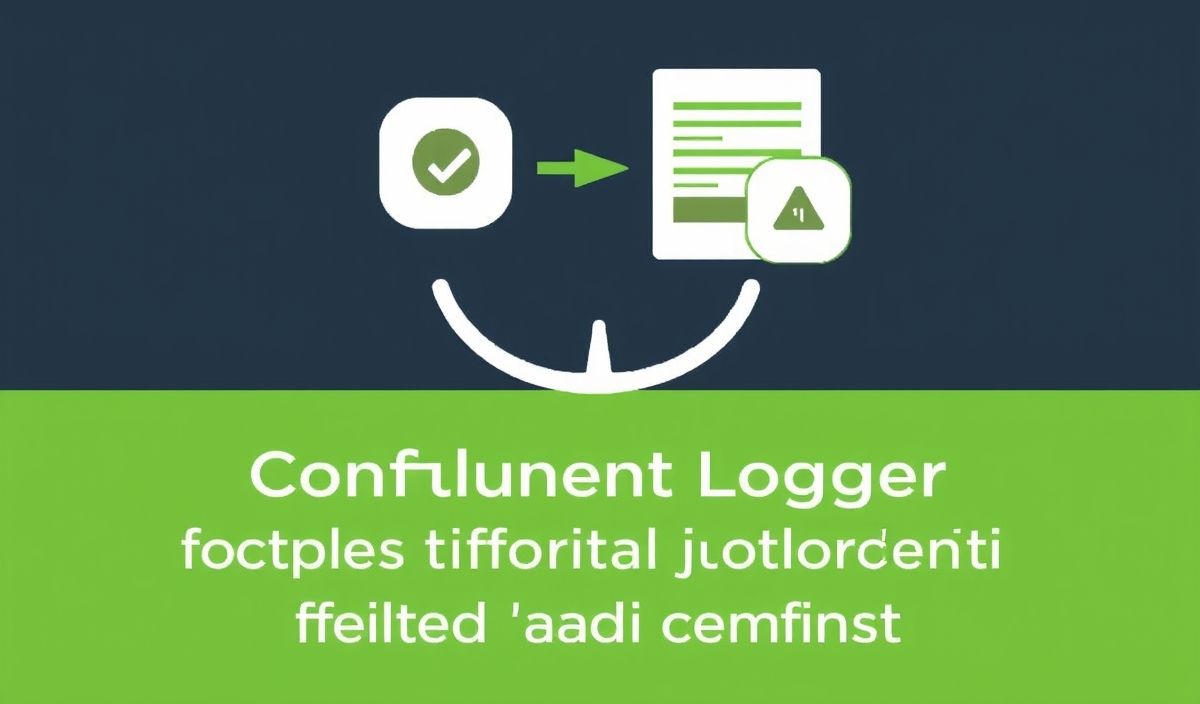Understanding Pycparser and Its Capabilities
Pycparser is a comprehensive library written in Python for parsing and analyzing C code. It provides an Abstract Syntax Tree (AST) representation, allowing developers to perform static analysis, code generation, or custom tooling. Whether you’re a systems programmer, a researcher, or a developer aiming to analyze or transform C code, Pycparser can serve as an essential tool. This guide provides an introduction to Pycparser’s key APIs and practical examples for various use cases.
Getting Started with Pycparser
To use Pycparser, install it via pip:
pip install pycparser
Parsing C Code with Pycparser
The core functionality revolves around parsing C source code into an Abstract Syntax Tree (AST). Here’s how you can do this using the pycparser.c_parser.CParser API:
from pycparser import c_parser
code = '''
int main() {
int a = 10;
int b = 20;
return a + b;
}
'''
parser = c_parser.CParser()
ast = parser.parse(code)
print(ast)
Output will provide an AST representation of the input code.
AST Navigation and Analysis
The parsed AST is structured using nodes provided by the pycparser.c_ast module. You can traverse and inspect the AST for analysis. Below is an example of visiting nodes in the AST:
from pycparser import c_parser, c_ast
class ASTVisitor(c_ast.NodeVisitor):
def visit_Assignment(self, node):
print(f"Assignment operation: {node}")
code = '''
int x = 5;
x = x + 1;
'''
parser = c_parser.CParser()
ast = parser.parse(code)
visitor = ASTVisitor()
visitor.visit(ast)
This example extracts and prints assignment operations from the C code.
Transforming the AST
You can also modify AST nodes using NodeTransformer from pycparser.c_ast. Here’s an example of incrementing all integer constant values in the AST:
from pycparser import c_parser, c_ast
class IncrementConstants(c_ast.NodeTransformer):
def visit_Constant(self, node):
if node.type == 'int':
node.value = str(int(node.value) + 1)
return node
code = '''
int a = 1;
int b = 2;
'''
parser = c_parser.CParser()
ast = parser.parse(code)
transformer = IncrementConstants()
modified_ast = transformer.visit(ast)
print(modified_ast)
Generating C Code
Pycparser includes functionality to regenerate the modified AST back into C code. This is useful for code rewriting or refactoring:
from pycparser import c_generator generator = c_generator.CGenerator() code = generator.visit(modified_ast) print(code)
The output would be the modified C code where constants are incremented by 1.
Complete Application Example
Suppose you want to extract all function definitions and their arguments from a C program. Here’s how you could accomplish it with Pycparser:
from pycparser import c_parser, c_ast
class FunctionExtractor(c_ast.NodeVisitor):
def visit_FuncDef(self, node):
func_name = node.decl.name
params = [param.name for param in node.decl.type.args.params]
print(f"Function name: {func_name}, Parameters: {params}")
code = '''
int add(int x, int y) {
return x + y;
}
void greet() {
printf("Hello World");
}
'''
parser = c_parser.CParser()
ast = parser.parse(code)
extractor = FunctionExtractor()
extractor.visit(ast)
Running this code will output the names and parameters for all functions in the input C program.
Conclusion
Pycparser provides a robust foundation for analyzing and transforming C code programmatically. Its APIs enable developers to parse, navigate, and modify the Abstract Syntax Tree with ease, making it a powerful tool for various code analysis and manipulation applications.




